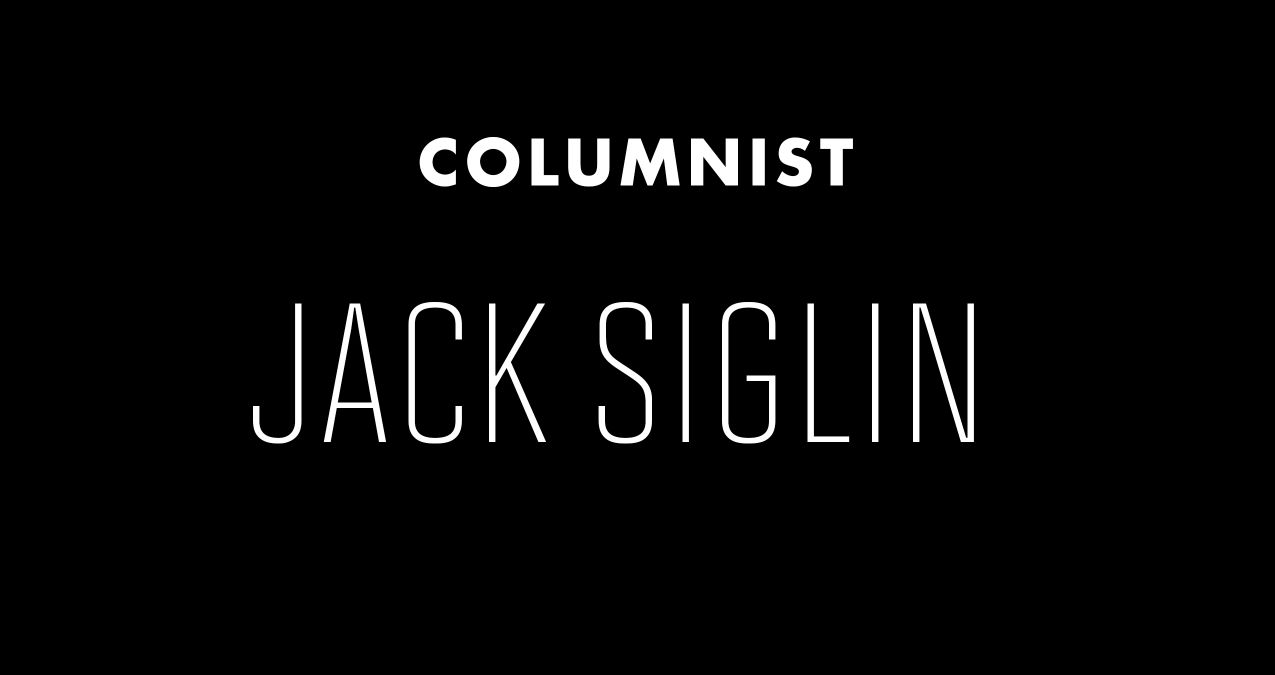On Friday night, Parisians had a curfew for the first time since 1944. Earlier that day, a series of coordinated terrorist attacks rocked the Stade de France, lit up a rock concert and a dinner spot and killed 129 people. ISIS claims responsibility for the horror that French president Francois Hollande called an “act of war.” While details are murky, it appears that at least one of the assailants, carrying a Syrian passport, entered Europe through Greece in the wake of the millions of refugees fleeing from the terror in Syria. It appears that seven of the eight terrorists are dead. That’s of little consolation to a country whose citizens are in shock from the largest attack on French soil since World War II.
We live in a world where official comment from high-ranking French officials comes via Twitter. Clips of the explosions outside the Stade de France circulated immediately after the fact. Images from the bloody scenes around Paris emerged before traditional media could publish them. More than ever, terrorism happens in real time. This affords us a spectacular opportunity to ascribe to the long-abiding words of a calm old man in a sweater, Fred Rogers, so formative in many of our youths: Look for the helpers.
In the aftermath of senseless violence, when it feels that the world is crumbling, when “safe and sound” becomes just a dream, look for the helpers. Taxis in Paris turned off their meters and carried those stranded home. Parisians all over the city opened their homes to strangers as part of a movement called porte ouverte: open door. Thousands went to donate blood. The helpers are everywhere. Terrorism seeks to remind us that we aren’t powerful, that we should live in fear. The outpouring of humanity following the violence directly counters the terror.
The day before the French attacks, two suicide bombers in Beirut, Lebanon, blew up a mosque and a bakery. In Baghdad, a bombing at a funeral killed another 19. It defies practicality to list the attacks in Syria, in the Gaza Strip, in Ethiopia and in Kenya. There are people who walk this Earth with the intent to cause terror, and it bears reminding who they are.
They aren’t Muslims. They aren’t Syrian refugees. “They” are simply terrorists, unaffiliated with and unrepresentative of larger demographics. Following terror attacks, empathy and understanding are more important than ever. After the Sept. 11 attacks, the United States experienced a protracted period of xenophobia directed at Muslims. To a certain extent, that culture persists today. It’s difficult not to notice that years of bombings in Islamic countries get chalked up as footnotes in our American understanding of the world, but when a Western country is attacked, suddenly everyone has a Facebook profile picture featuring the French flag. When it happens in Syria, it’s “them.” When it’s in Paris, it’s “us.” It’s psychological outgroup bias, a tendency to look unfavorably upon people who aren’t in our own group. It bears repeating that the enemy is the same.
After terror, there’s nothing to say. The feelings of powerlessness and shock, the sudden absence of security and the implicit “why here” and “why now” make it difficult to rationalize what’s happened. It’s much easier to point fingers and to cry foul and to parcel out blame. In such a void of rhyme and reason, however, it’s better to simply remember. Remember to look for the helpers. Remember that now, more than ever, empathy is the greatest tool there is. Remember to use it.



